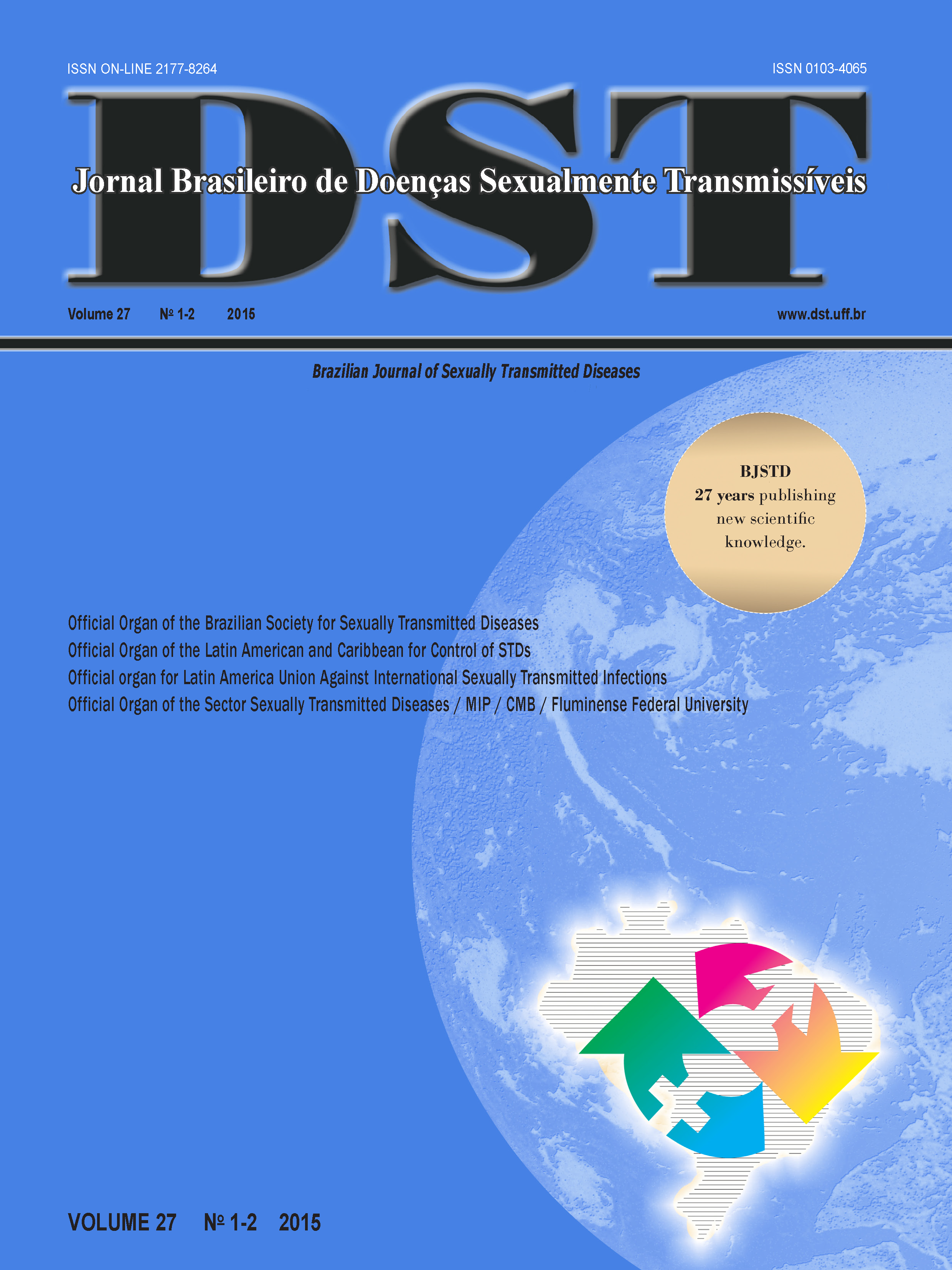Clinical and epidemiological profile and reproductive outcome in hiv-infected pregnant women assisted at a university hospital maternity in vitória, brazil
Keywords:
HIV, pregnancy, health profile, perinatal deathAbstract
Introduction: The infection by the human immunodeficiency virus (HIV), as well as the acquired immune deficiency syndrome (Aids), a worldwide epidemic, may lead to serious consequences in terms of maternal and fetal morbidity and mortality. Objective: To describe the clinical and epidemiological profiles and the reproductive outcome in HIV-infected pregnant women. Methods: Cross-sectional study, with 109 pregnant women infected by HIV who had their termination in a university hospital maternity in Vitória, Espírito Santo, from November 2001 to May 2012. The data were extracted from medical and public records. Results: The most prominent findings among the cases were average maternal age of 28 years, non-white (76.1%), up to 8 years of elementary school (63.3%), housewives (59.4%) and marital status married/cohabitation (70.6%). The nulliparous were 24.1%, and 15.7% had 3 or more childbirths, 33% had a diagnosis of HIV infection during pregnancy, and 53.7% of pregnant women met the criteria for Aids. The cesarean occurred in 82.6% of cases, preterm birth in 17.4%, and low birth weight in 23.9% and perinatal death in 4.6% of the newborns. Conclusion: It has been observed, in this casuistry, a pregnant women profile of low socioeconomic level. Preterm birth and perinatal death were more common than in the general population, indicating the need for preventive actions for monitoring the HIV infected pregnant women in order to reduce these events.












